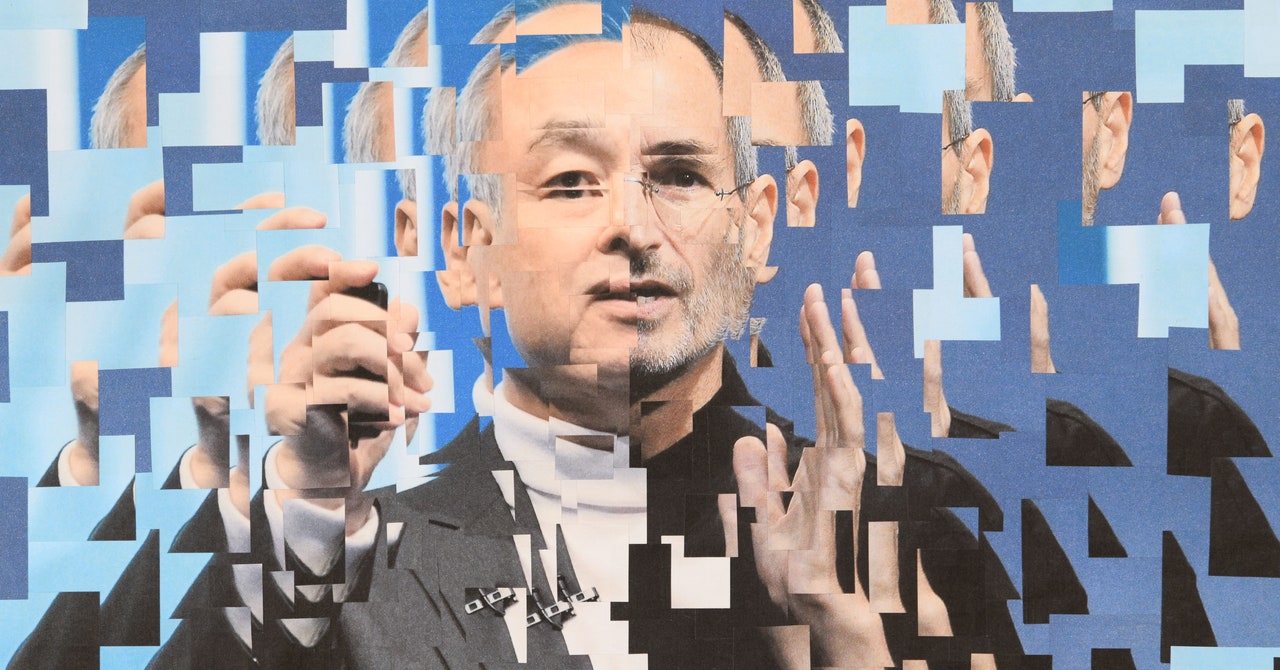Ellison's home was actually a village, a complex of intricate wooden houses modeled after the palace of the Japanese Emperor. The 23-acre property took nearly a decade to design and build, which also includes a lake and a waterfall that is operated by an on-off switch. All buildings were built without nails and their walls were made of clay to withstand an earthquake of 7.3 Richter scale. In total, Ellison's tribute to Japanese culture and history was worth approximately $70 million.
That day there was a discussion around the table about the wild valuation of the Internet in the stock market. But Massa and Jobs were more interested in what would happen after the dotcom bubble. “I said my focus was on the Internet, and he agreed that the Internet was the future,” says Massa. Both men understood that a paradigm shift was coming. Movement on the Nasdaq was one thing; The advent of the networked world, with Apple playing the leading role as innovator and SoftBank playing the role of investor and operator, was quite another.
Apple, by then, was one of the most valuable companies in the world, with great products ranging from Mac laptops to the iPod. Like Massa, Jobs was fearful that rivals were stealing his ideas. No Apple project was more secret than the iPhone, the touchscreen smartphone that would sell billions and revolutionize personal communications.
According to Massa, on a trip to California in the summer of 2005, he showed Jobs his sketch of a mobile-enabled iPod, which would have a larger display and use the Apple operating system. He speculated that the new device would be able to process data and images. Jobs dismissed the idea but couldn't stop himself from hinting at the iPhone.
Jobs: “Masa, don't give me your crappy drawing. “My own.”
Masa: “Okay, I don't have to give you my dirty piece of paper, but once you have your product, give it to me for Japan.”
Jobs declined to provide further details, but Massa saw a glimpse of a smile on the Apple boss' face. After putting further pressure on him, Massa arranged a follow-up meeting at Jobs's Tudor-style country home in Palo Alto. Masa claims that at that meeting Jobs agreed in principle to give SoftBank exclusive rights to distribute the iPhone in Japan. “Well, Masa, you're crazy,” Jobs said. “We haven't talked to anyone, but you were the first to meet me. I will give it to you.”
Nothing was written. There was no discussion about price or quantity. Simply a gentleman's agreement, based on the assumption that Masa would have the financial means to build or acquire a mobile phone business. “It was top secret. I had never seen the product before coming to Japan [in 2008]“Masa claims. “Steve never even told me his name.”
There is a mythological quality to the story. It is believed that Jobs made his point a full three years before Apple launched the iPhone in Japan. Yet that promise may have given Masa the confidence to buy British-owned Vodafone Japan, which used football icon David Beckham in its marketing campaign. It was a highly profitable deal – the largest ever in Asia – but Masa gambled that he had a game-changing product in the pipeline. Whatever the exact chronology, Masa made the distribution deal of the century, which enabled him to build a profitable consumer business in Japan, thereby massively expanding the SoftBank brand.
On March 17, 2006, Masa signed a $17 billion deal to buy Vodafone Japan. Two weeks later, Jobs flew to Tokyo, where Masa challenged the Apple boss to keep his deal intact. He said, “You didn't give me anything in writing, but I bet $17 billion based on your words.” “You had better feel a little responsibility.” Jobs laughed and said, “Masa, you are a crazy man. We will do what we discussed.”


